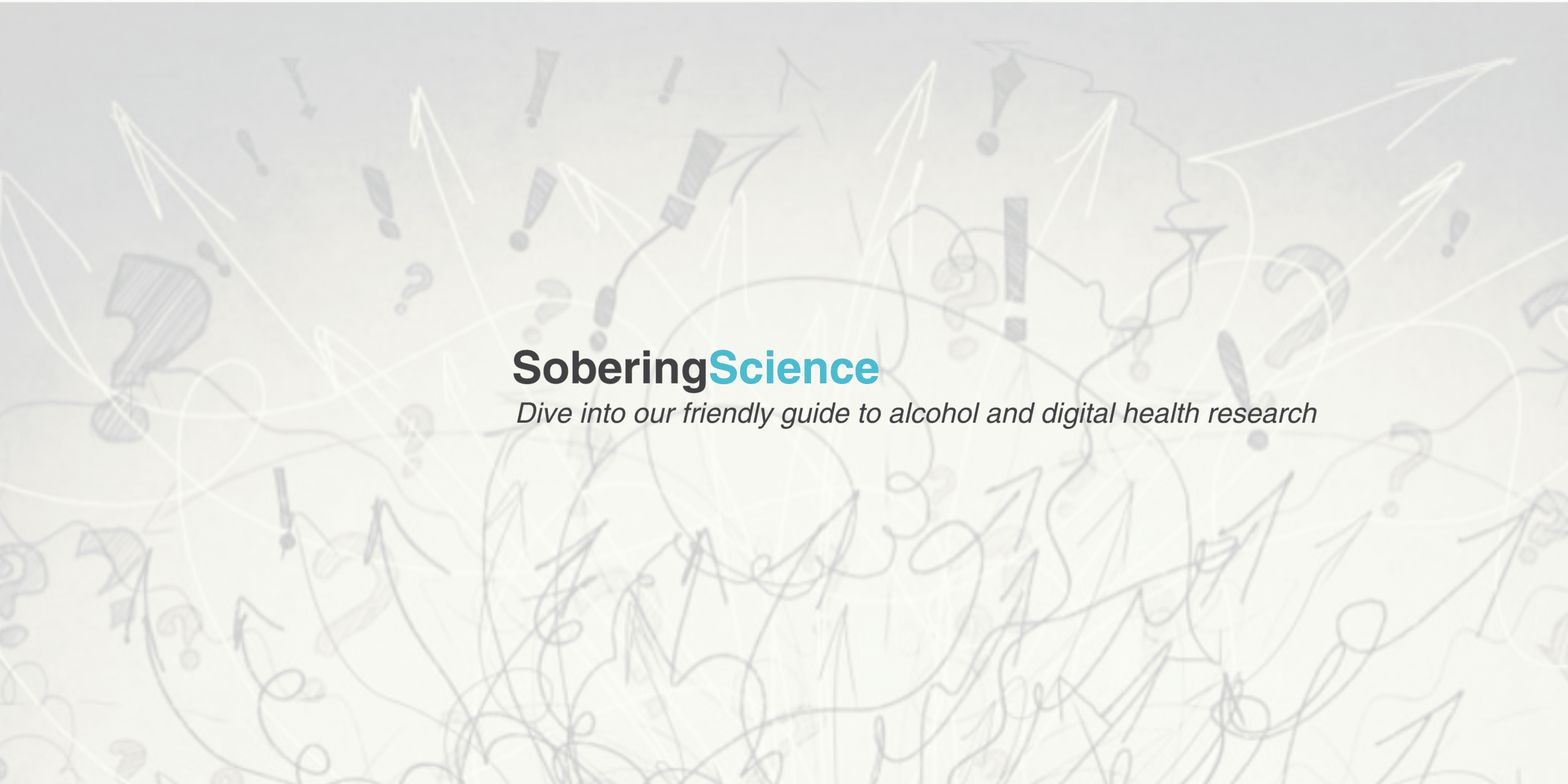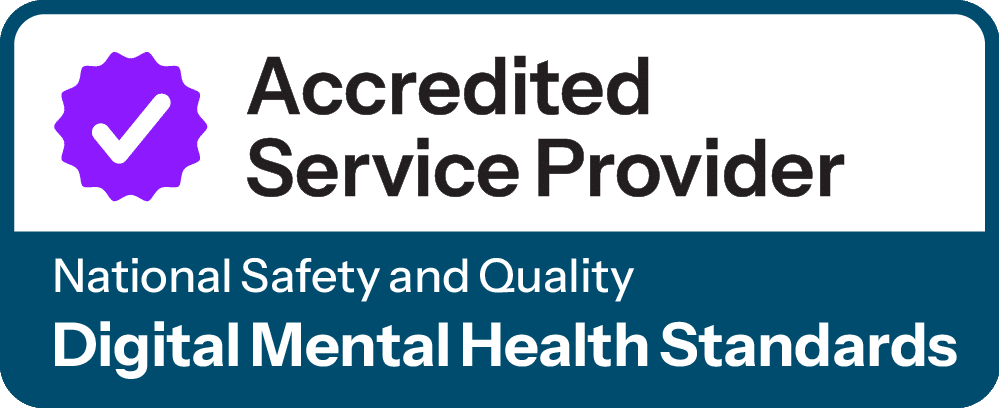
The stages in reducing alcohol: what does it look like?
When we consider the process of personal change, it often relates to something that has been internalised for a while, before we take action. For some, it can involve thinking a lot about something & puzzling it over. Am I ready to give up alcohol? How will cutting back affect my relationships? What will my friends say if I turn down another glass of wine on the weekend?
Generally, it’s only when we have weighed up the “decisional balance” in our minds that we invest time & resources into addressing the change - whether that be buying books about alcohol, listening to podcasts, going to AA & Smart Recovery meetings, or signing up to Daybreak.
One thing we have noticed about Daybreak members is that they are incredibly engaged & motivated - often doing a multitude of activities to deep dive into change and to start seeing positive shifts in their relationships with alcohol.
Really, this is indicative of what we call the “action” phase in the change process - once we have decided to make a change, we’ll spend some time investing our resources to make that happen. For example, people who decide to lose weight & get fit might start exercising, paying attention to what they’re eating, self-monitoring as well as reading articles about health & fitness. The same thing occurs with alcohol use - often, people throw everything they have at the issue & will find that this is a very interesting time in learning about alcohol & their own patterns.
--
The Daybreak Process
Generally, the process that one of our Daybreak members goes through looks a bit like this:
Pre-contemplation – using alcohol & not really wanting to make any changes. There are more ‘pros’ than ‘cons’ with alcohol use and it is something that makes sense to continue using. Reasons to drink may include relaxation, to be social and because it is a bit of ‘me’ time.
Contemplation – starting to think about change. Perhaps they have noticed health issues, or a friend has commented on their drinking. The ‘pros’ & ‘cons’ are shifting, but there are enough ‘reasons’ to keep drinking so change doesn’t happen yet. Some of the ‘cons’ might be lower energy, physical symptoms and hangovers.
Ambivalence – this is where a member is at a crossroads – they are aware of the ‘benefits’ of drinking, as well as the ‘costs’. This is where a person will describe really enjoying some of the aspects of drinking (e.g. a glass of wine after work with their partner, or in a social setting) but also be struggling with the negatives of drinking regularly, or in high volumes (e.g. low mood, weight gain, lack of energy, poor sleep, hangovers or anxiety). This is where they may make the decision about whether to change – or whether to double down on the alcohol and use it to manage some of the issues (which is often when dependence starts to come into play).
Preparation – this is where a person has decided to make a change and they are going through the process of getting ready. This can look like reading articles online about change, reading through the Daybreak forum at what others have said, speaking to their GP or friends about potential change. Sometimes preparation can be so daunting that a person can slip back into ambivalence or contemplation, especially if help isn’t available (e.g. a long waiting list to see a counsellor, or negative reactions from friends). This may change a bit later on when there is more support.
Action – this is the stage at which a lot of people come into Daybreak. Having moved through the process of change to get to the point where they are invested in the process, members are taking steps to reduce their alcohol use long term. For many, this is an interesting time, as so much can change – they are making changes to their wellbeing (e.g. increasing exercise, focusing more on diet and sleep) as well as alcohol consumption (e.g. cutting back, AF days, or longer periods of time without alcohol). They might be pleasantly surprised to find so many kindred spirits in the Daybreak feed – supportive and positive people who are also working towards change and improvements in their quality of life. They may also be doing things like listening to podcasts, reading books, going to meetings or using other digital therapeutics to help the change process.
Maintenance – this is where a lot of members will move out of Daybreak. Just like with any change (exercise, diet, career), after an initial transformative period, we (hopefully) will settle into our ‘new normal’ – the new routine of doing things. For many members they will have arrived at their ‘ideal’ relationship with alcohol – whether that be total abstinence, a reduction of drinks per week, the institution of regular alcohol – free days, or even a safety plan for ‘risky’ drinking situations. It is called the maintenance phase because, just like with any behavioural change, it does require maintenance – in this sense, it is check-ins with the community and coaches, and reflection of situations where things haven’t gone according to plan.
--
Many members will move from using Daybreak daily to a couple of times a week, a few times a month, and then so on. The community is always there, and within the Daybreak feed are members who are in the process of moving out of the community, as well as those who are brand new to change and just starting the process of making changes to their relationship with alcohol.
This is just an example of what change might look like for a Daybreaker. As we know, each of our circumstances and relationships with alcohol are different, and change can look remarkably different for every person. What we do know is that it is a process – with ups and downs – and what is really important is the progress we make over time. If you’re interested in hearing more about the Daybreak community, or the process of change, it might be helpful to reach out to one of our health coaches who can provide some advice and support in the change process.











Would like some help as I try to reduce drinking days…
I need help in reducing my drinking habits. It’s taking a toll at my every day life! Got some tablets from my GP but they make me dizzy and not eating!
Excellent read thank you . My husband & I are at the maintenance stage, have cut back and having AF days . Planning not to drink alcohol except occasionally. A coach would be very beneficial & appreciated. Daybreak provides an incredibly supportive community of like minded people who too have identified struggle in our drinking society. Thank you.
Great article as someone who has decided to go AF after being a HSM reader for about a yr i think to map out these stage’s is really visual path when the path seems so rocky.
Again I find every post so beneficial – I have printed this out – as it is something I will refer to regularly – I am heading into the action phase – have made big changes this year at total zero use – then alllowed small amounts – but it creaps back when life is very challenging. thankyou for this read. Perfect timing.
I am abstinent and feel so much more energy more positive and more secure in who I am and this healthier person. More mindful and spiritual. My mind is clear and focused.
That is a fantastic development Strommy. We’ll done.
I live in Canada. I am interested in the Daybreak Program. Am I entitled to register? Thank you!
Yes absolutely! There is 21 days free trial to try it on 🙂
I want to get rid of alcohol habit
I am from the states , got very interested on using daybreak. I being struggling with alcohol for many years but it is getting to a point that I must have changed my relationship with the alcohol. I don’t want to lose all the wonderful things that I have.
If you want to give up keep coming to this site, think carefully about your own reasons for wanting to give up, write things down, including obstacles such as habits and environments that you will need to alter, read widely about the benefits of giving up and strategies you can use and seek professional help perhaps through your GP or local health centre, or do a search for local supports such as AOD workers through your local health centre or attend smart recovery groups… and develop some new healthy interest. Remember real change is slow and you need daily to remind yourself of your (realistic) goals and your reasons for them.
What great advice, thank you!
Just checking in. I quit drinking with support from HSM over 5 years and 2 months ago. I can’t thank you enough for proving me with the perspective and hope that I needed to improve my life. I am so proud to be sober.
Daybreak is my anchor. I am so very grateful to have a space to discuss my feelings with honesty and without judgement. A brilliant resource held together by users. Now that’s what I call community development.
“The New Normal”. Love it.
Currently month into action phase embracing cleaner living (as in not smoking, drinking alcohol) and considering what I am putting in myself. My 49th birthday coming up next weekend an am in Two minds.
1-contine as I am happier this way
2-“treat myself” with some of my old faithful posions.
Tried Option 2 after 8 months abstinence last year and it crept back into full time smoking and YOYO drinking habits as in long stretches daily alcohol, abstinence so on and so forth in an anxious, energy and physically depleting cycle. It seems clear that option 1 is the wiser choice. I had developed a strong f**k it button after 35 years of usage/dependance/emotionl hiding through substance use.
Finally learning to change and listen to a higher me. Starting to feel and realise my health and wellbeing is at tipping point and some bad health consequences or death are looming sooner than they need be and want to be around for my daughter in a healthy condition as long as possible. Change is hard but possible with hard work, dedication and help. Aim to keep on keeping on (or off depending you you look at it!)
Let’s see….
Sam 48. UK
This has really put a helpful structure of what I go through. Thankyou. I am looking to move to the preparation phase. I have quit four times over the last year. But not giving up.